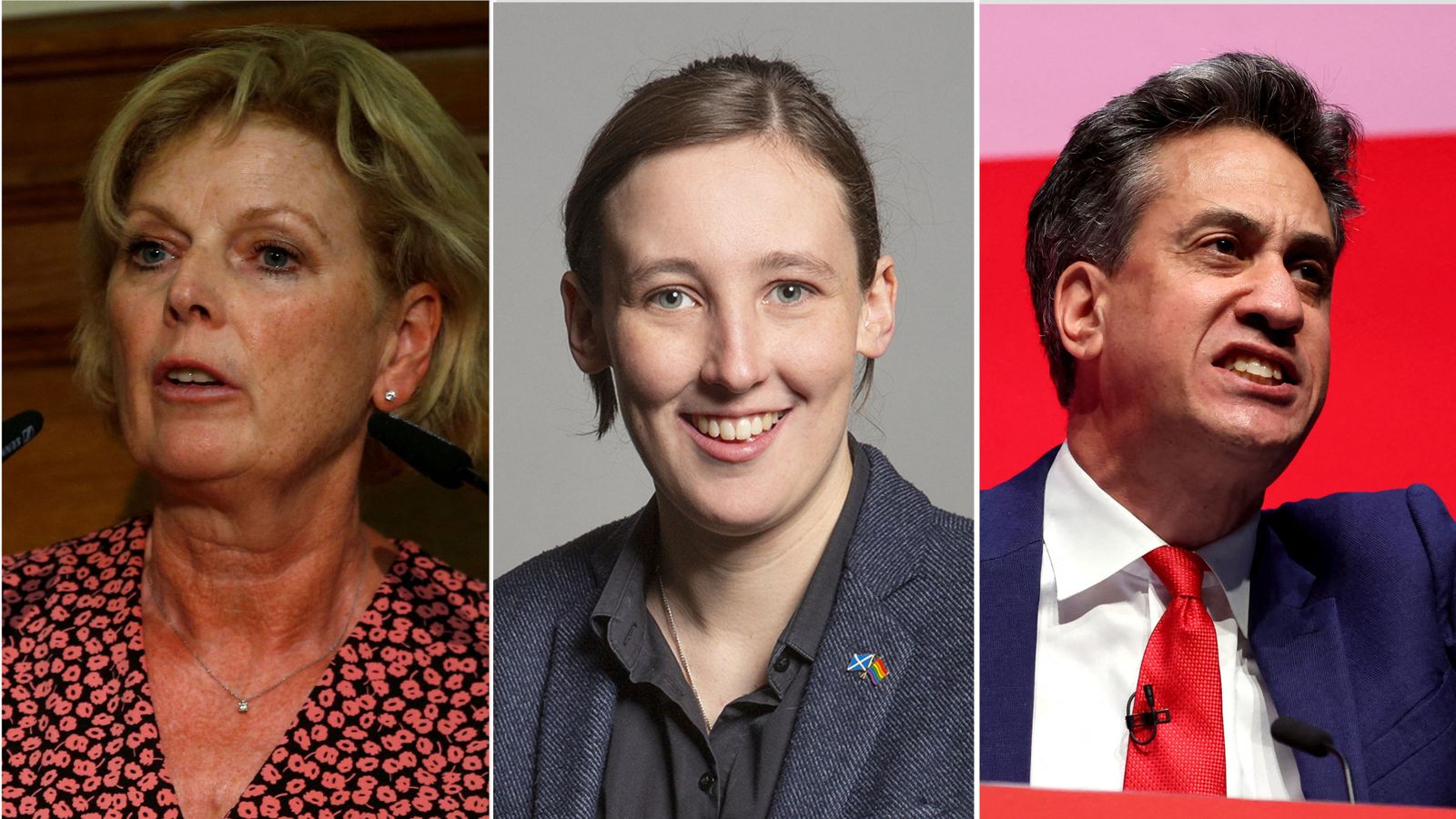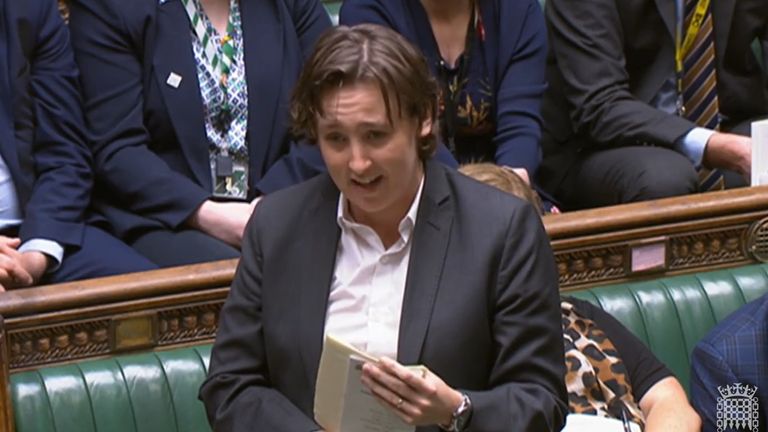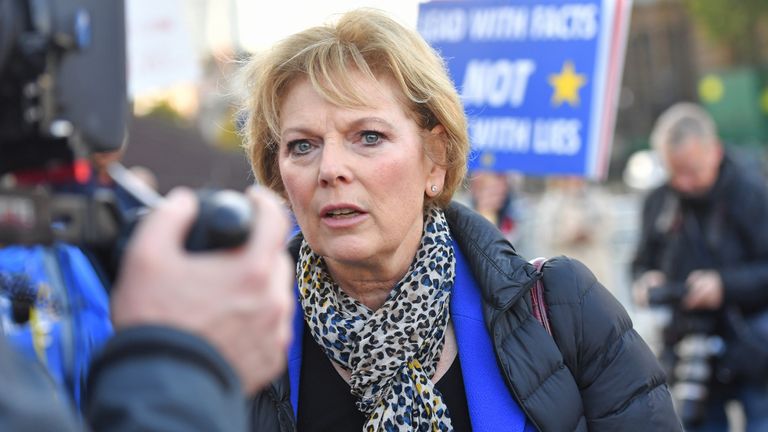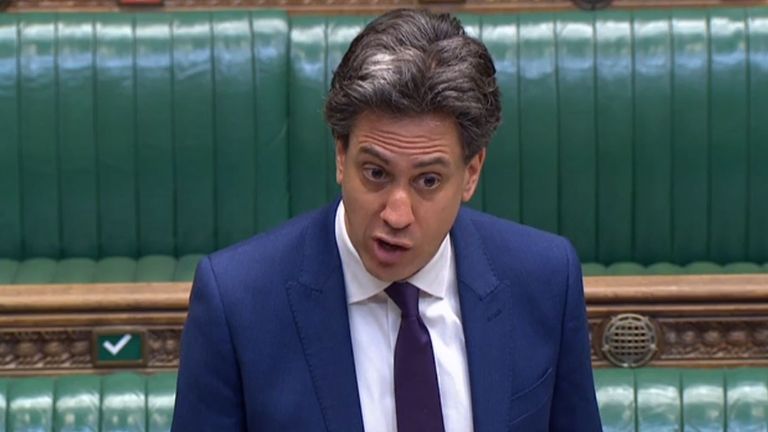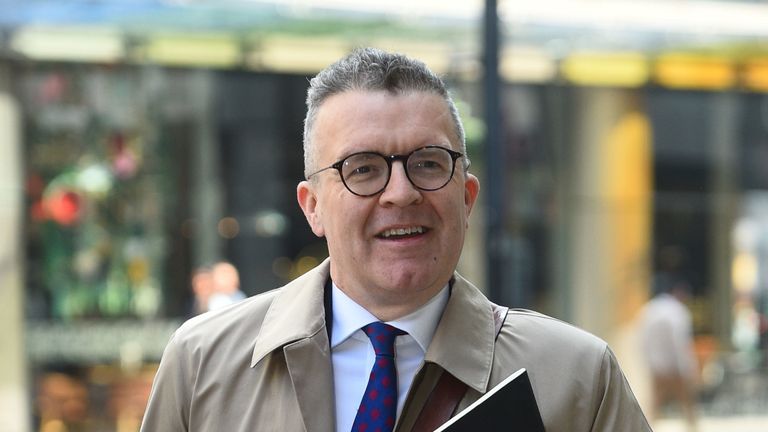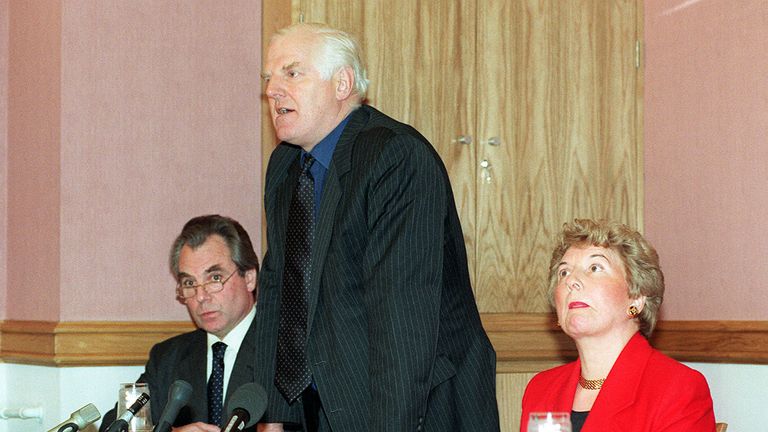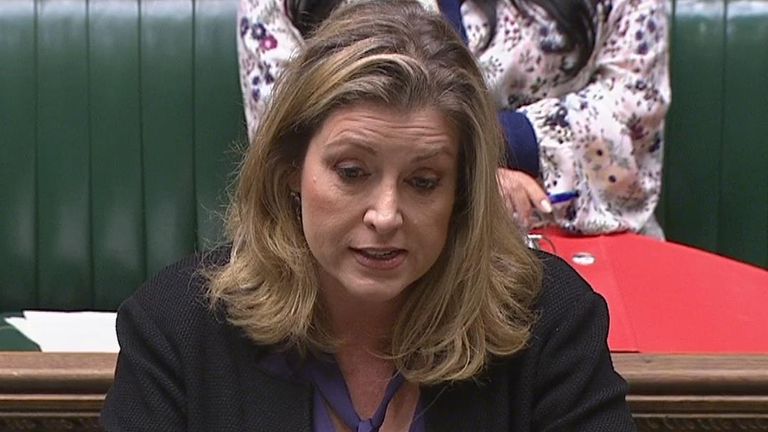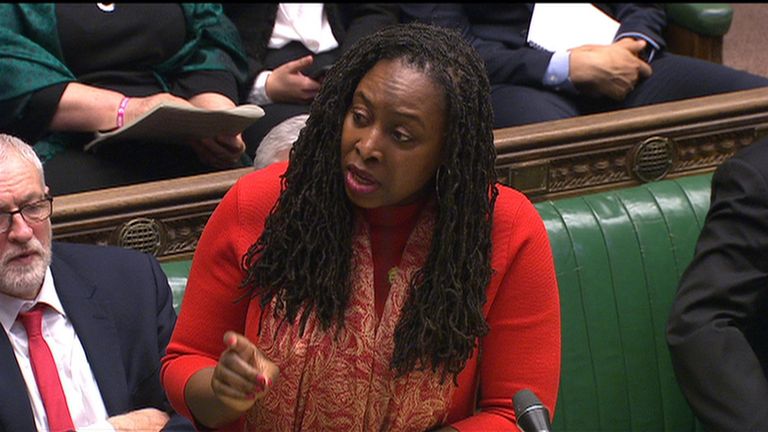Home Secretary James Cleverly has caused outrage by allegedly calling a Labour MP “s***” – weeks after reports he called the government’s Rwanda policy “bats***”.
Unparliamentary language is defined as anything that “breaks the rules of politeness of the House of Commons chamber”.
While MPs are disciplined for swearing during debates, convention also bans them from calling their colleagues liars or accusing them of being drunk, among other things.
Traditionally, some have used euphemisms to get around the rules – most famously Sir Winston Churchill when he said someone had told a “terminological exactitude” instead of a lie.
When politicians use words deemed unparliamentary, the speaker will either ask them to withdraw them, or if they refuse, leave the chamber.
First MP to say ‘c***’ in the Commons
The SNP’s Mhairi Black became the first MP in history to use the word “c***” in the Commons chamber in 2018.
Then the youngest-sitting MP – at 23 years old – she was detailing some of the misogynistic abuse she regularly received on social media.
Despite using the word, she was not disciplined as she was only quoting someone else’s use of it – and was not levelling it at one of her colleagues.
Read more:
Cleverly denies calling Stockton-on-Tees a ‘s***hole’, source says
‘Embarrassed’ backbenchers demand action on net migration
‘Sanctimonious c***’
Former Conservative MP Anna Soubry was accused of calling Labour’s Ed Miliband a “sanctimonious c***” during a debate in 2015.
It was filmed for a BBC documentary but not used in the final edit.
However when allegations surfaced she furiously denied it, saying: “I would never use that word and I would never use it in the House of Commons.”
‘Dodgy’ and ‘hooliganism’
Ed Miliband has himself been in trouble for his use of language.
He escaped discipline when he called David Cameron a “dodgy prime minister surrounded by dodgy donors”.
Five years later in 2020, as shadow business secretary, he accused Boris Johnson of “legislative hooliganism” for supporting the Internal Markets Bill.
Although the word hooligan is banned, he was not reprimanded.
‘Miserable pipsqueak of a man’
During his time as an MP, Tom Watson lost his temper when then education secretary Michael Gove revealed he was shelving nine school building projects in his constituency.
He described Mr Gove as a “miserable pipsqueak of a man” – and was asked to withdraw his comments.
‘Stupid cow’
Former speaker Betty Boothroyd ruled that Conservative MP Tony Marlow had used unparliamentary language by calling Labour MP Harriet Harman a “stupid cow” during a debate on the BSE epidemic of 1996.
Ms Harman has since commented on the misogynism she has faced during her career in politics.
‘C**k, lay and laid’ in poultry welfare speech
Former minister Penny Mordaunt was accused of trivialising parliament in 2014 when she used the words “c**k”, “lay” and “laid” multiple times during a speech on poultry welfare.
She later revealed in a newspaper interview that her fellow Navy reservists had dared her to do it.
Kicked out for calling PM a liar
Labour MP Dawn Butler was ordered to leave the Commons when she refused to withdraw accusations that Boris Johnson was a liar in 2021.
She claimed that the then-PM had “lied to the House and the country over and over again” – about economic growth and public sector salaries among other things.
